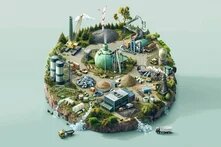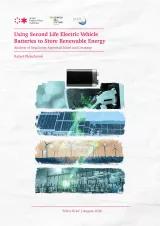Environmental Policy
Articles
More articles about Environmental Policy (49)
Dossiers
Publications
More publications about Environmental Policy (17)
More pages about Environmental Policy
© Heinrich-Böll-Stiftung e.V.
Schumannstraße 8
10117 Berlin
T +49 (30) 285 34-0
F +49 (30) 285 34-109
www.boell.de
info@boell.de





















